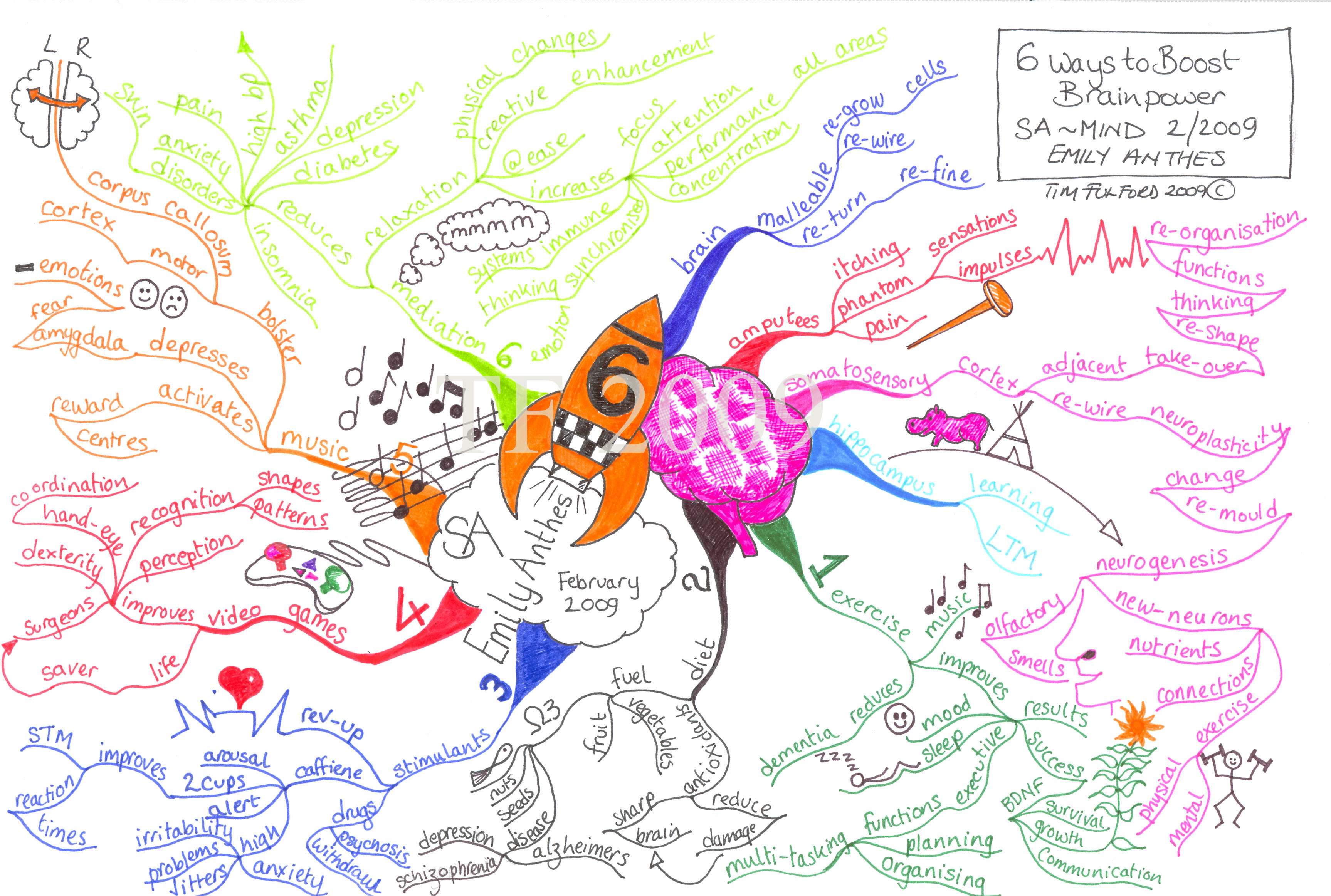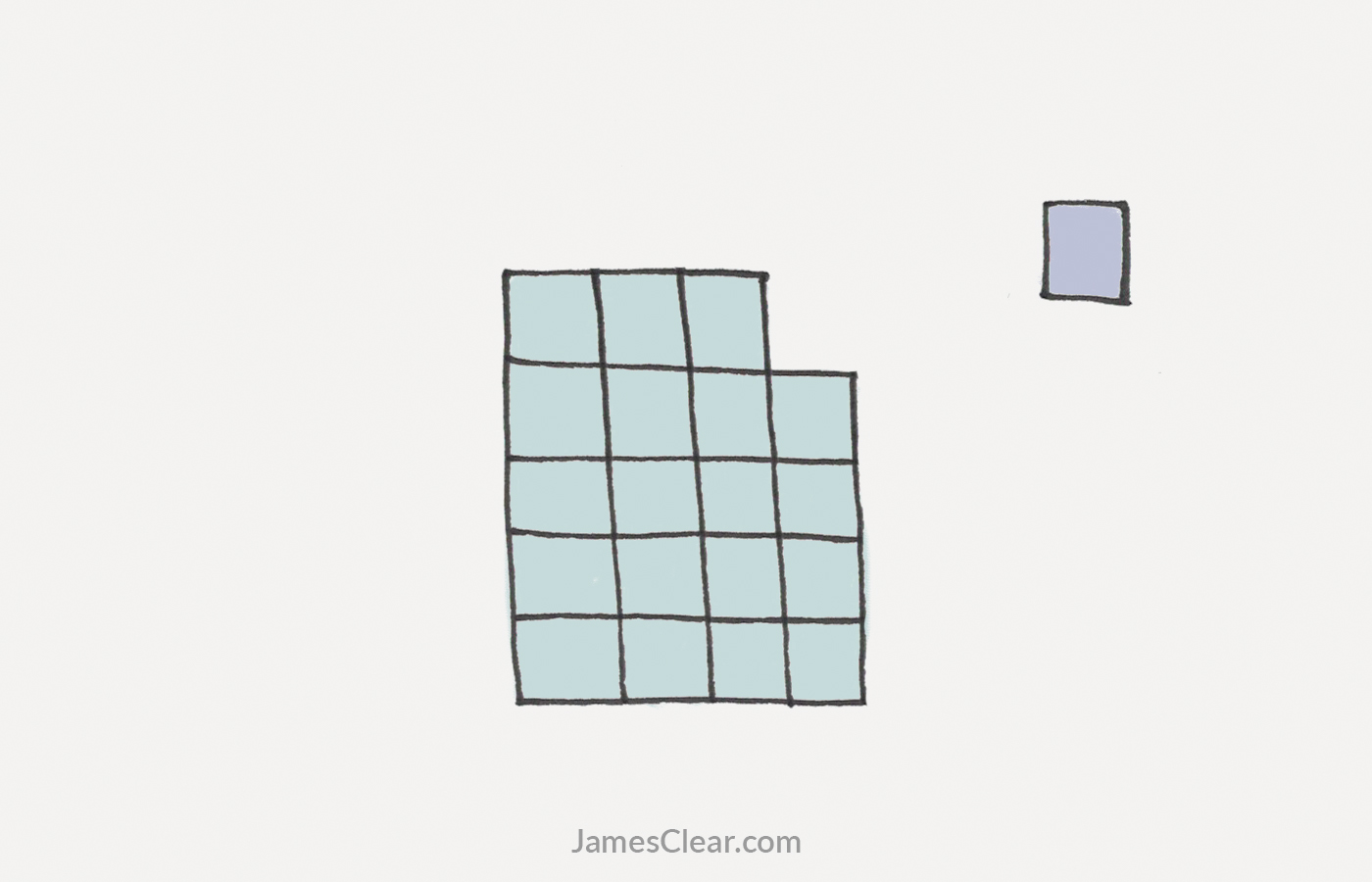How Many Things Can The Human Brain Focus On At Once
Apr 15, 2010 - When the brain tries to do two things at once, it divides and conquers, dedicating one-half of our gray matter to each task, new research shows. But forget about adding another mentally taxing task: The work also reveals that the brain can't effectively handle more than two complex, related activities at once. 15 Things Highly Focused People Don’t Do. Focus is key to success and happiness in life. The most successful people on this planet are highly focused. They pay attention to the present moment and present tasks. This habit ensures they are fully engaged in activities, get more done properly and deal with adverse life events better. A polymath or polyglot is someone who can glean knowledge on many subjects at once, and is often intelligent enough to contribute to more than one field. However, in the 'ordinary' brain, one can also think of multiple thoughts simultaneously when the thoughts are unconscious.

I am the author of the best-selling book Emotional Intelligence 2.0 and the cofounder of TalentSmart, a consultancy that serves more than 75% of Fortune 500 companies and is the world’s leading provider of emotional intelligence tests and training (www.TalentSmart.com). My books have been translated into 25 languages and are available in more than 150 countries.I’ve written for, or been covered by, Newsweek, BusinessWeek, Fortune, Forbes, Fast Company, Inc., USA Today, The Wall Street Journal, The Washington Post, and The Harvard Business Review.I’m a world-renowned expert in emotional intelligence who speaks regularly in corporate and public settings.
Example engagements include Intel, Coca-Cola, Microsoft, Fortune Brands, the Fortune Growth Summit, The Conference Board: Learning from Legends, and Excellence in Government.I hold a dual Ph.D. In clinical and industrial-organizational psychology. I received my bachelor of science in clinical psychology from the University of California – San Diego.The author is a Forbes contributor. The opinions expressed are those of the writer.
You’ve likely heard that multitasking is problematic, but new studies show that it kills your performance and may even damage your brain.Research conducted at found that multitasking is less productive than doing a single thing at a time. The researchers also found that people who are regularly bombarded with several streams of electronic information cannot pay attention, recall information, or switch from one job to another as well as those who complete one task at a time.A Special Skill?But what if some people have a special gift for multitasking? The Stanford researchers compared groups of people based on their tendency to multitask and their belief that it helps their performance. They found that heavy multitaskers—those who multitask a lot and feel that it boosts their performance—were actually worse at multitasking than those who like to do a single thing at a time.

Multitasking Psychology
The frequent multitaskers performed worse because they had more trouble organizing their thoughts and filtering out irrelevant information, and they were slower at switching from one task to another. Ouch.Multitasking reduces your efficiency and performance because your brain can only focus on one thing at a time. When you try to do two things at once, your brain lacks the capacity to perform both tasks successfully. (Credit: Corbis)Multitasking Lowers IQResearch also shows that, in addition to slowing you down, multitasking lowers your IQ. A study at the University of London found that participants who multitasked during cognitive tasks experienced IQ score declines that were similar to what they’d expect if they had smoked marijuana or stayed up all night. IQ drops of 15 points for multitasking men lowered their scores to the average range of an 8-year-old child.So the next time you’re writing your boss an email during a meeting, remember that your cognitive capacity is being diminished to the point that you might as well let an 8-year-old write it for you.Brain Damage From MultitaskingIt was long believed that cognitive impairment from multitasking was temporary, but new research suggests otherwise.
The Human Brain Usage

The Human Brain Organ
Researchers at the in the UK compared the amount of time people spend on multiple devices (such as texting while watching TV) to MRI scans of their brains. They found that high multitaskers had less brain density in the anterior cingulate cortex, a region responsible for empathy as well as cognitive and emotional control. While more research is needed to determine if multitasking is physically damaging the brain (versus existing brain damage that predisposes people to multitask), it’s clear that multitasking has negative effects. Neuroscientist Kep Kee Loh, the study’s lead author, explained the implications: “I feel that it is important to create an awareness that the way we are interacting with the devices might be changing the way we think and these changes might be occurring at the level of brain structure.”Learning From MultitaskingIf you’re prone to multitasking, this is not a habit you’ll want to indulge—it clearly slows you down and decreases the quality of your work. Even if it doesn’t cause brain damage, allowing yourself to multitask will fuel any existing difficulties you have with concentration, organization, and attention to detail.Multitasking in meetings and other social settings indicates low self- and social-awareness, two emotional intelligence (EQ) skills that are critical to success at work. Has tested more than a million people and found that 90% of top performers have high EQs. If multitasking does indeed damage the anterior cingulate cortex (a key brain region for EQ) as current research suggests, it will lower your EQ in the process.So every time you multitask you aren’t just harming your performance in the moment; you may very well be damaging an area of your brain that’s critical to your future success at work.More by me:What my company does: andTravis co-wrote the bestselling book and co-founded RECOMMENDED BY FORBES.